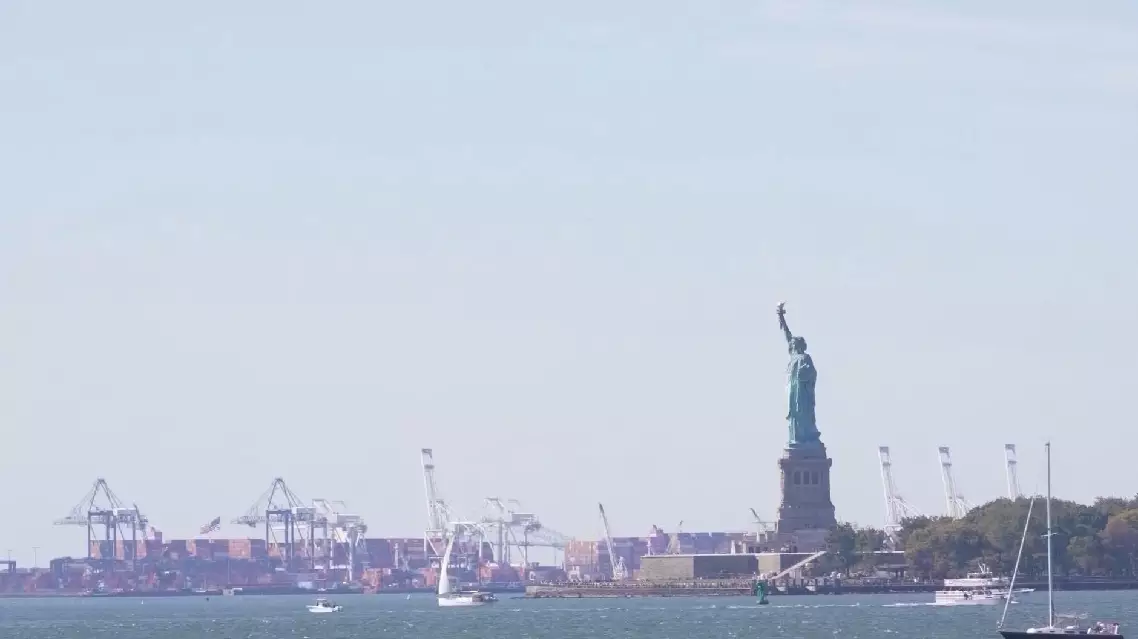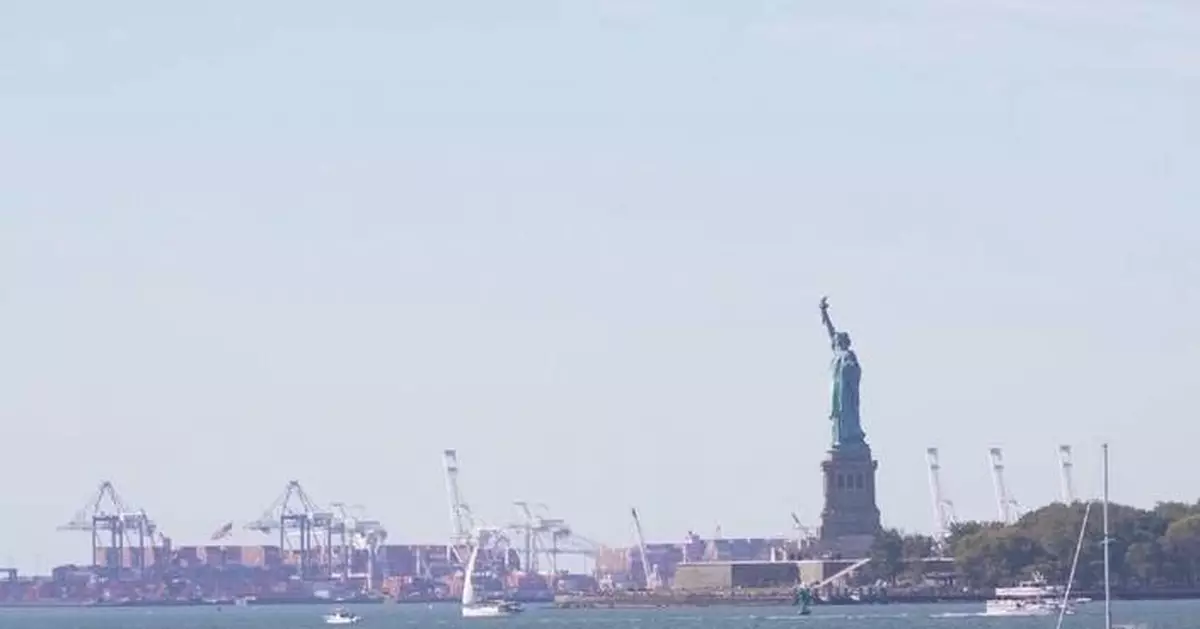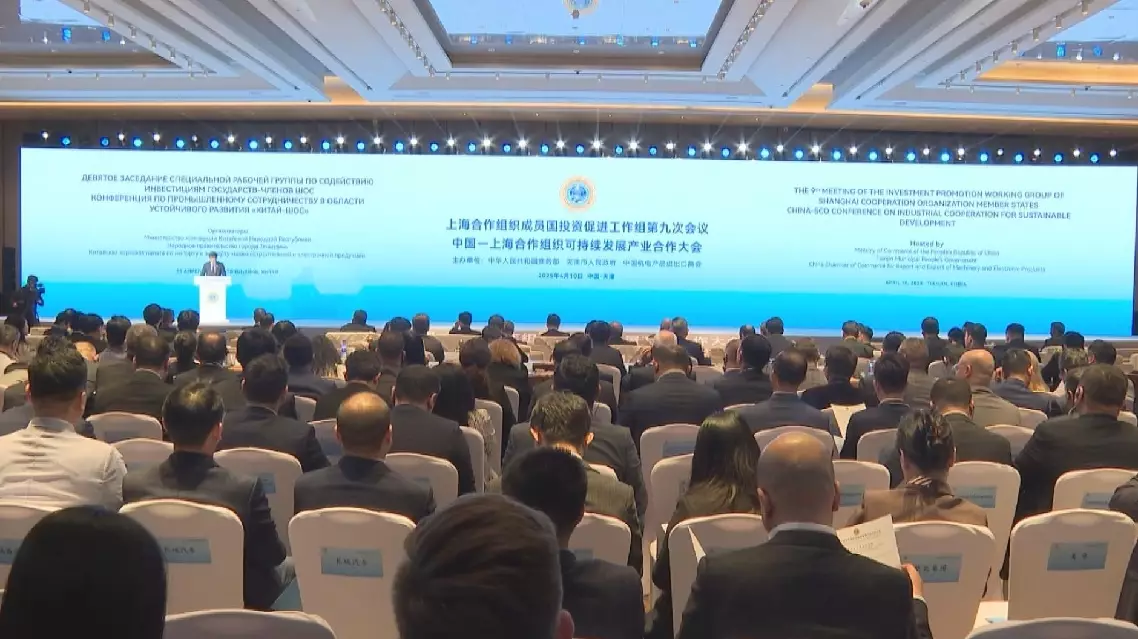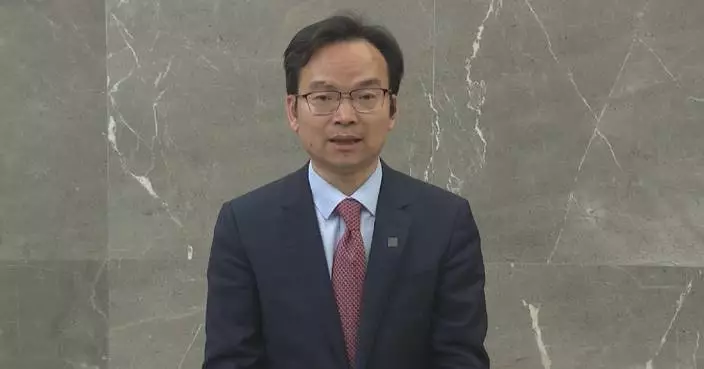U.S. President Donald Trump's aggressive and sweeping new tariffs have drawn widespread international condemnation, with global leaders and economists decrying the move as a disruption to the multilateral trade system that has underpinned global economic stability.
The Trump administration announced a new set of levies on Wednesday, imposing a 10 percent baseline tariff on imports from all trading partners, with higher rates applied to certain countries.
French Prime Minister Francois Bayrou warned on Saturday that the tariffs could lead to job losses and an economic slowdown. The destabilization caused by the U.S. will "weaken the global economy for a long time to come," Bayrou told Le Parisien in an interview.
His sentiment was echoed by Karin Keller-Sutter, president of the Swiss Confederation, who lamented America's further retreat from "free trade and a rules-based trade order."
Julia Spies, chief of Trade and Market Intelligence at the International Trade Centre (ITC), criticized the U.S. on Friday for its unconventional tariff calculation methods, which she argued deviate from standard economic practices. Speaking at a United Nations press briefing in Geneva, Spies noted that, for many countries, the new U.S. tariffs are "far above the average rates these countries charge on imports from the U.S."
At a press conference Saturday at U.N. headquarters, Stéphane Dujarric, spokesman for U.N. Secretary-General António Guterres, emphasized that the U.S. tariff hikes would "negatively" impact progress toward the U.N.'s Sustainable Development Goals, raising particular concern for "the most vulnerable countries."
The Belgian newspaper Les Echos published an editorial on Saturday declaring that the U.S. tariff policy signals the end of globalization and multilateralism and marks the resurgence of protectionism, calling it "the biggest attack on free trade since World War II." While the full impact of the tariffs remains unclear, the paper noted that most experts predict negative consequences for the global economy.
In the U.K., The Guardian also lashed out at the Trump administration's tariff policy, describing the proposed calculation methods as "idiotic" and "flawed" -- a view widely shared by economists.
Chad Bown, a senior fellow at the Peterson Institute for International Economics, said the U.S. push for "reciprocal tariffs" strikes a serious blow to the international trade order. By discriminating among trading partners and unilaterally hiking duties beyond agreed limits, the U.S. is violating World Trade Organization rules, he said.
A decision to unilaterally increase U.S. import tariffs -- product by product, country by country -- would represent the biggest blow by the United States to the rules-based trading system, Bown added.
Clay Ramsay, a researcher at the University of Maryland's Center for International and Security Studies, said that by imposing "reciprocal tariffs," Trump aimed to put the United States in a superior bargaining position -- one in which "it can withhold something the other country wants, or extract a concession in some different area."
Ramsay cautioned that even if the plan ultimately succeeds, the pain for much of society could be severe.
As the new tariffs neared implementation, U.S. consumers began stockpiling goods in anticipation of rising prices, according to a U.S. media report on Saturday. Amid what's being described as a "tariff-induced shopping spree," Americans are rushing to buy imported products ranging from furniture and appliances to alcohol before Trump's sweeping tariffs are felt at the checkout counter, ABC News reported.

Global criticism mounts as US 'reciprocal tariffs' threaten world trade order




















































